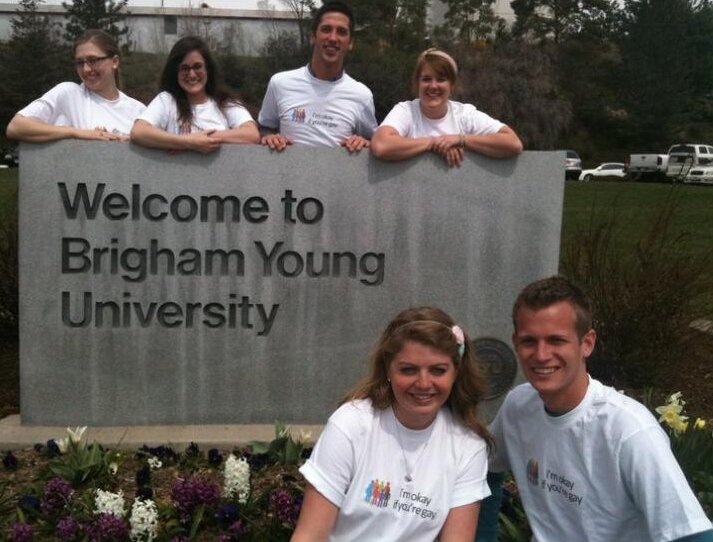Last fall in one of my graduate seminars we were discussing a reading by a scholar by the name of Bruce D. Porter who was a respected, published scholar from BYU in political science and international affairs. My professor remarked that he didn’t know what had happened to Porter because he had stopped publishing and “disappeared”; well apparently Bruce D. Porter is an LDS general authority these days in the Quorum of the Seventy. In the June issue of The Ensign (a monthly magazine of the LDS Church containing talks, columns, and stories from church leaders that members are encouraged to read as part of their regular scripture study) Porter has an article entitled “Defending the Family in a Troubled World.”
It is not surprising that a man who has a PhD in political science from Harvard and who built his career as a researcher and professor in that field would have opinions on one of the most pressing social and political issues of this generation. And let me be clear, my purpose here is not to, as some have written, contend that the article in the Ensign was in poor taste or out of place for a publication that some members believe to be modern scripture. Porter is entitled to voice his opinions whether I agree with them or not.
My purpose is to confront the CONTENT of what was said. Porter is a smart man who, regardless of what he says over any pulpit or in any religious publication, truly knows that by exercising his right to free speech and free expression he is not free from critique by those who exercise their free speech with opposing views and that such critiques do not constitute any form of bigotry or persecution—for he built his career in a field (academia) that does not survive without critique.
